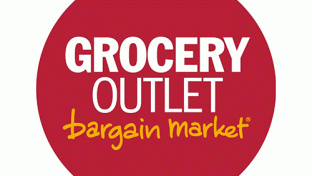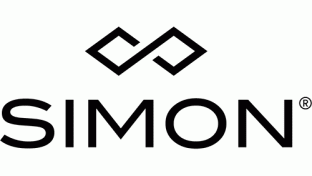CSA Retail Buzz
Chain Store Age is excited to announce the launch of CSA Retail Buzz, a new video series designed to provide insights and observations on the trends and innovations shaping retail.
Trending
Subscribe to our Newsletters
Subscribe to Chain Store Age editorial newsletters and get all the latest industry news and reports in your inbox.
From finance and technology to store expansion and real estate, we've got you covered.
-
- 5/3/2024
How Walmart is breathing life into metaverse commerce with Roblox
Walmart’s new initiative to sell "real world" goods in the immersive Roblox gaming environment is reginiting metaverse commerce. - 4/25/2024
TikTok isn’t going away, but…
It is unlikely TikTok will disappear from the U.S., but it is also unlikely it will continue operating without significant changes.
- 5/3/2024
-
- 5/6/2024
Is consumer well-being the key to retail’s future?
As consumers grapple with increasing constraints on their resources, the retail industry finds itself at a critical juncture, confronting the question of how experiences can provide more value in these challenging times. - 5/3/2024
Harnessing the Power of Surrounding Store Traffic to Boost Profits
In the ever-changing and competitive world of retail, understanding customer preferences isn’t enough anymore.
- 5/6/2024



























